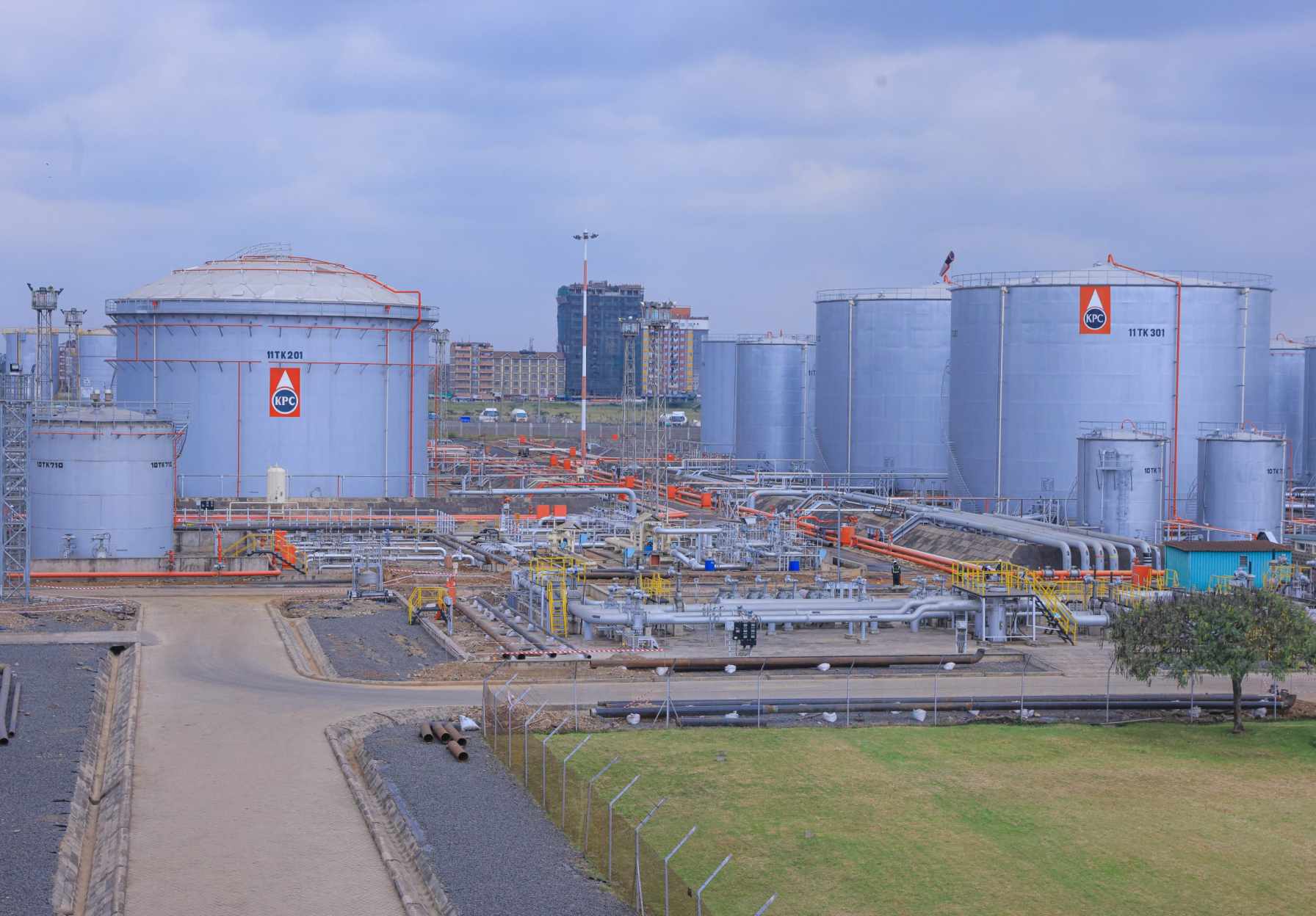Treasury aims to net Sh100bn in Kenya Pipeline sale

Treasury is considering selling a 65 percent stake in the State-owned company to private investors
The government is planning to raise Sh100 billion from the planned sale of a majority stake in the Kenya Pipeline Company (KPC) through an initial public offering (IPO) on the Nairobi Securities Exchange by the end of 2025 — a move that could become the biggest public sale since Safaricom’s Sh52 billion offer in 2008.
According to a disclosure to the National Assembly, the Treasury is considering selling a 65 percent stake in the State-owned company to private investors, with hopes of unlocking more value from the firm and boosting domestic revenue.
“The National Treasury expects to raise approximately Sh100 billion from the transaction. Transaction advisors in the IPO will be compensated through a combination of fixed fees, payable for due diligence and structuring, and success fees linked to the successful completion of the offering,” the Treasury states in Sessional Paper No. 2 of 2025 tabled in Parliament on July 5.
“They may also receive commissions for underwriting or placement roles and reimbursement of approved expenses,” the document adds.
This disclosure follows a Cabinet decision made on July 29, which approved the sale of KPC to support the government's efforts to hit the Sh3.3 trillion revenue target for the 2025/26 financial year.
“In another significant move, the Cabinet gave the green light for the reinstatement of Kenya Pipeline Company into the privatisation programme, paving the way for partial divestiture of government shares in a move aimed at democratising ownership by Kenyans at the Nairobi Securities Exchange and unlocking the company’s full commercial potential,” the Cabinet Dispatch stated.
While addressing the Public Debt and Privatisation Committee last week, Treasury Cabinet Secretary John Mbadi said the government views privatisation as the best way to increase returns from KPC, despite the company already generating profits.
“Although it is profit-making, the government gets just about Sh3 billion or Sh4 billion annually as dividends. I am sure that if we privatise KPC and retain just a 35 percent stake of ownership, we could make up to four or five times more out of that entity,” Mbadi told the committee.
“KPC is making revenues of over Sh30 billion and profits of just about Sh7 billion. Currently, the government only gets so much because of the expenses incurred in running the business. If the profit goes up four times, we could even get more with just a 35.0 percent stake,” he added.
While the Treasury has hinted at the possibility of selling a 65 percent shareholding, it noted that the final structure is still under consideration, with different options being explored to ensure the IPO is successful.
The government has also invited Uganda to take part in the IPO, with the aim of strengthening regional ties and countering the growing competition from Tanzania as a key route for petroleum product transportation in East and Central Africa.
